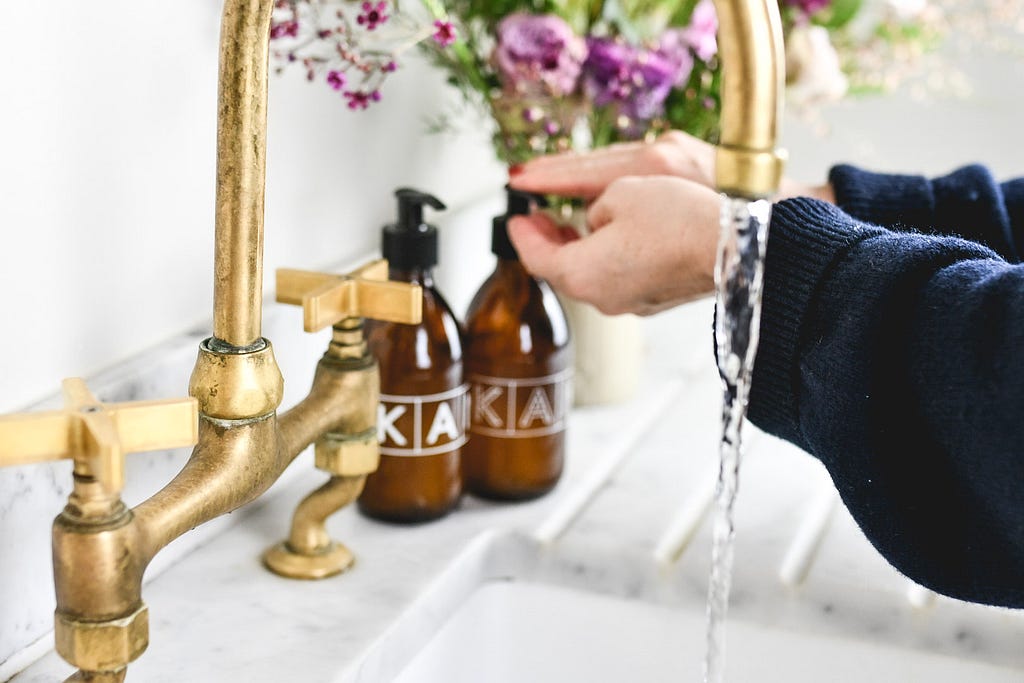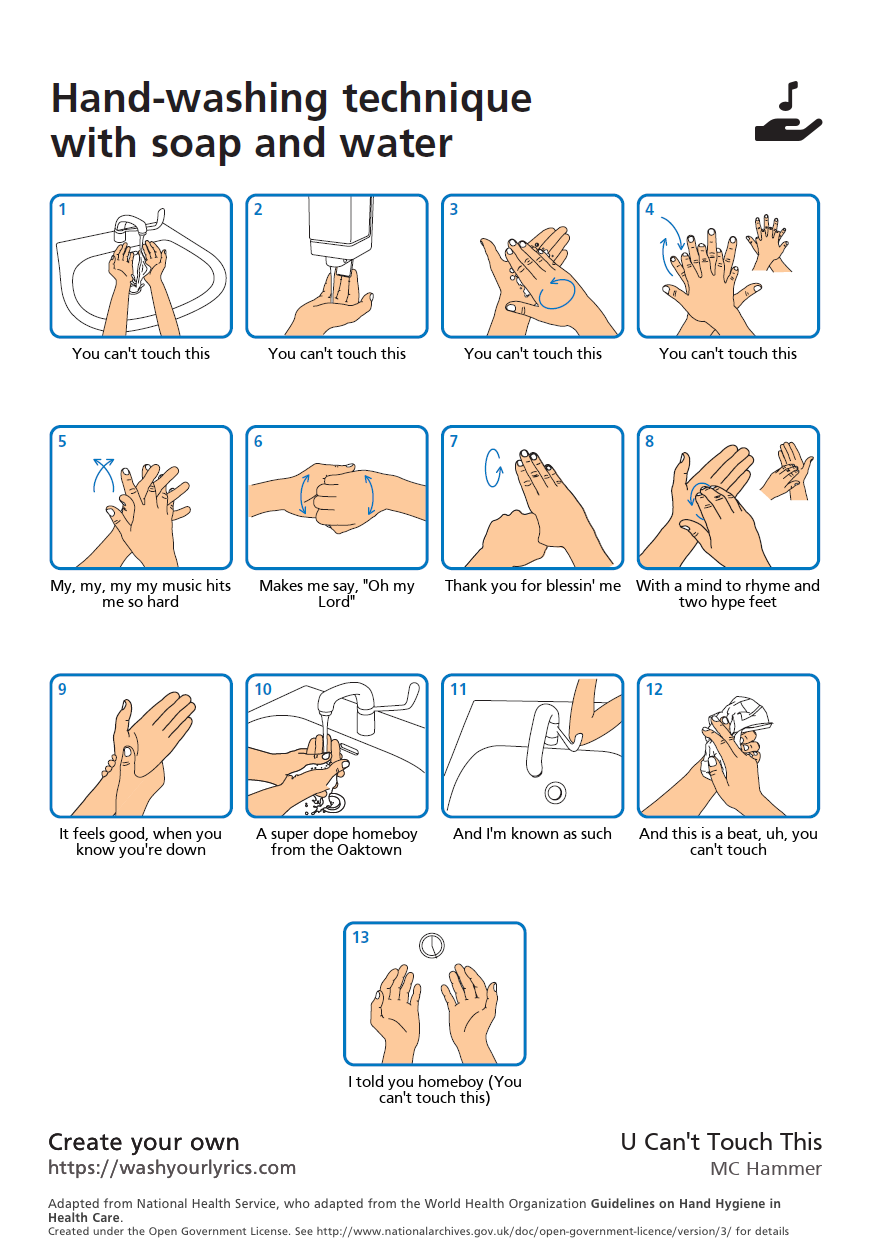What is the difference is between antibacterial soap and ‘normal’ naturally derived soap?

The need to keep our hands clean has never been more pressing and we’re all keen to give ourselves the best possible chance of keeping well.
When you shop, or when you are at the doctor’s, you may of noticed there is a special ‘antibacterial’ soap which on the initial read, seems to be better, or more efficient at getting the germs away.
Antibacterial means that there is normally either triclosan, or alcohol or benzalkonium chloride as part of the ingredients. These ingredients are effective along with normal good handwashing techniques to remove bacteria from the hands. These are also the ingredients found in hand sanitizers too.
Natural ‘normal’ soap in the form of solid bars or liquid soap are not made from these ingredients — they work by decreasing the surface tension of water and lifting residual dirt/oils from the surface being cleaned. This allows dirt, grime, and bacteria & germs to be easily washed away.
Are they equally effective?
According to the FDA, there is no scientific evidence to date that confirms either is more effective than the other. But what we do know is that they’re both the most effective when you work them into a lather for 20 seconds before rinsing.
How long is 20 seconds? Recite the ABC song to keep a measure. OR, as the genius that William from Twitter has proved, the ABC song is getting a little tired, so has mocked up the NHS sign with some lyrics of your choosing. We’re fond of a little MC Hammer, so here it is for your pleasure. Otherwise, you too can have this bespoke for your favourite song

What is Triclosan?
Triclosan, is a very common antibacterial ingredient found in personal care products including toothpaste, hand wash, and body wash. Currently, in the UK there are no bans for the use of Triclosan in personal care products. In 2019, The FDA in the US banned the use of Triclosan for household soaps due to its concerns about its long term healthy use with humans. “Laboratory studies have raised the possibility that triclosan contributes to making bacteria resistant to antibiotics. Some data shows this resistance may have a significant impact on the effectiveness of medical treatments, such as antibiotics.” *(FDA) .
Other concerns are hormonal imbalance and osteoporosis in women* (The Telegraph 2019).
Other concerns on Triclosan’s impact on greywater health have been noted with the health of rivers and streams being effected. More about why these are no longer available can be read here.* (Harvard 2017)
And Alcohol? What does that do?
When it comes to hand sanitisers (used when the ability to use water isn’t an option) they recommend the use of sanitiser with at least 60% alcohol.
The other ingredient that is used in these hand sanitisers is Triclosan, or benzalkonium chloride.
So which is better?
The argument is still that without water, alcohol-based hand sanitisers are the best option to remove germs from the hands, but there is still no scientific proof that antiseptic soap is better than ‘normal’ natural soap.
Our take? Wash often, take the time, do it properly, & Stop, Hammer Time.
Stay well friends.
x





Leave a comment
This site is protected by hCaptcha and the hCaptcha Privacy Policy and Terms of Service apply.